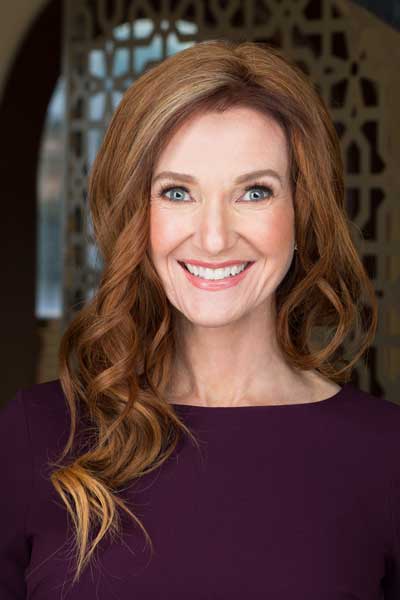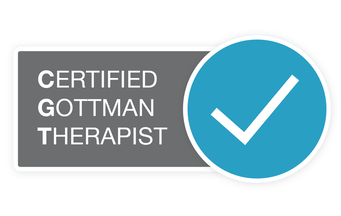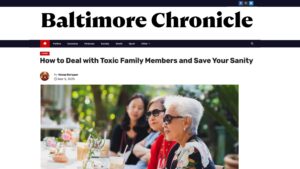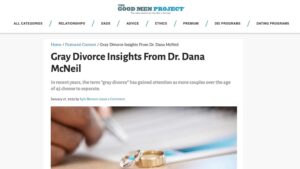Family relationships are supposed to provide love and support, but sometimes they can become harmful. Insights from Dr. Dana McNeil, PsyD, LMFT was featured in an article, offering expert advice on how to handle toxic family dynamics while prioritizing your well-being.
Toxic relationships often involve manipulation, control, or constant disregard for boundaries. Identifying these behaviors is the first step toward making meaningful changes. Dr. McNeil explains,
“If every interaction leaves you feeling anxious, hurt, or emotionally drained, it’s important to acknowledge that this relationship might not be healthy. Toxicity can look like someone undermining your confidence, using guilt to control you, or refusing to respect your feelings.”
While boundaries are crucial, they may not always be met with understanding, especially from those used to overstepping them. Dr. McNeil recommends staying firm, even when met with resistance. Boundaries are essential for maintaining emotional health. Dr. McNeil advises,
“You have the right to say no or to limit your interactions if someone repeatedly crosses your limits. Boundaries are not about punishing the other person; they are about protecting yourself. Start by being clear and direct—explain what you’re comfortable with and what behaviors you won’t accept.”
In some cases, cutting ties becomes the healthiest option. Dr. McNeil emphasizes,
“Choosing to end a relationship with a family member is not an easy decision and shouldn’t be taken lightly. It’s not about being vindictive or holding grudges—it’s about recognizing when a relationship is doing more harm than good. Ask yourself: Does this person bring more negativity than joy into my life? Do I feel safe and respected in their presence? If the answer is no, it may be time to let go.”
Breaking away from toxic family members can come with guilt or societal judgment. Building a strong support system of friends or chosen family can provide the encouragement and stability needed to navigate these changes. Dr. McNeil also recommends seeking professional guidance, as therapy can be a vital resource for healing. Dr. McNeil reassures,
“It’s normal to feel conflicted, but remember: prioritizing your mental health is not selfish. Loving someone doesn’t mean tolerating harmful behavior. You can choose to love them from afar while maintaining the boundaries you need.”
Dr. Dana McNeil’s insights underline a crucial truth: prioritizing your mental and emotional health is never wrong. Recognizing toxic patterns, setting boundaries, and making tough decisions—even cutting ties when necessary—are acts of self-care that pave the way to a healthier and happier life.
You can read the full article here.








